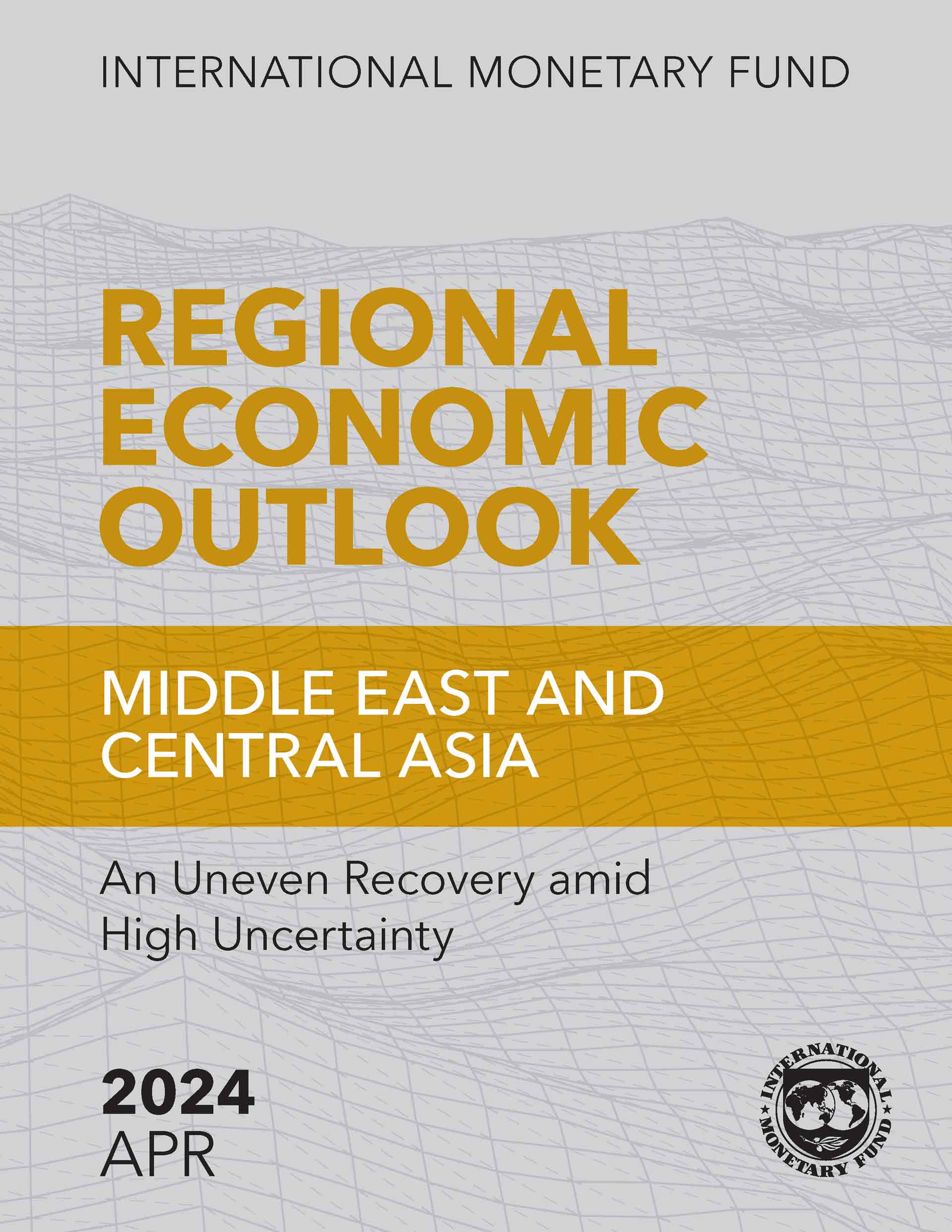This web page presents information about the work of the IMF in Kyrgyz Republic, including the activities of the IMF Resident Representative Office. Additional information can be found on the Kyrgyz Republic and IMF country page, including IMF reports and Executive Board documents that deal with Kyrgyz Republic.
IMF's work on Kyrgyz
-
IMF Executive Board Concludes 2023 Article IV Consultation with Kyrgyz Republic
March 4, 2024
The Executive Board of the International Monetary Fund (IMF) concluded the 2023 Article IV consultation with the Kyrgyz Republic and considered and endorsed the staff appraisal on a meeting on February 5, 2024.
-
Kyrgyz Republic: Selected Issues
March 4, 2024
Series:Country Report No. 2024/065
-
March 4, 2024
Series:Country Report No. 2024/064
-
IMF Staff Completes 2023 Article IV Mission to the Kyrgyz Republic
December 4, 2023
The Kyrgyz economy performed strongly in 2022 and expanded at 6.3 percent despite the headwinds from the difficult regional environment. Tax revenue improved sharply, and public debt declined to 49 percent of GDP. Headline inflation fell from 14.7 percent in December 2022 to 9.2 percent in October 2023, but demand pressures have kept core inflation elevated. The current account deficit widened significantly to 43.6 percent of GDP in 2022 as non-oil imports increased by 26 percent of GDP and gold exports were suspended, while re-exports to Russia were not captured in official statistics.
-
How More Effective Monetary Policy Can Tame Inflation in the Caucasus and Central Asia
August 28, 2023
Addressing persistent inflation also requires tackling structural factors that are making monetary policy less effective.
Regional Economic Outlook
April 18, 2024

An Uneven Recovery amid High Uncertainty
The Middle East and North Africa and the Caucasus and Central Asia regions are positively impacted by the resilience of the global economy. Lower global commodity prices and vigilant policy responses have helped ease inflation in most countries. However, uncertainty and risks have risen amid ongoing conflicts, shipping disruptions, and reduced oil production. This is leading to an uneven recovery across the Middle East and Central Asia, with growth rates varying this year. Policymakers need to ensure economic stability and debt sustainability while navigating geopolitical risks and improving medium-term growth prospects. Amid high uncertainty, it is essential that countries implement reforms to enhance their fundamentals, including by strengthening institutions. Additionally, countries can seize potential economic opportunities amid shifting trade patterns by reducing long-standing trade barriers, diversifying products and markets, and improving infrastructure.
Read the Report



